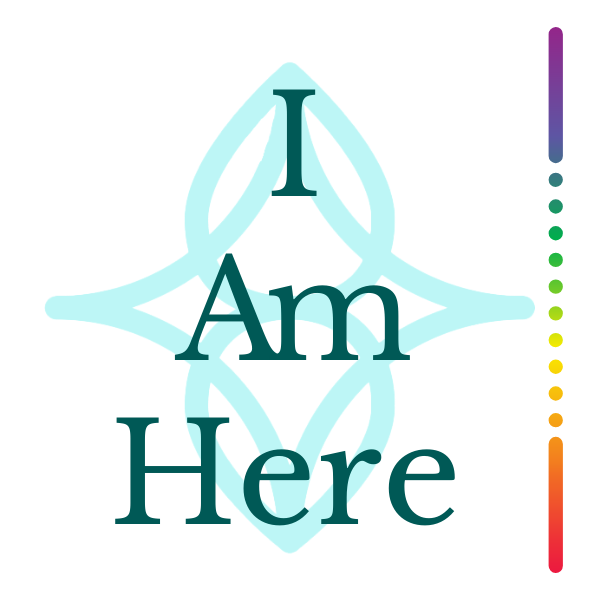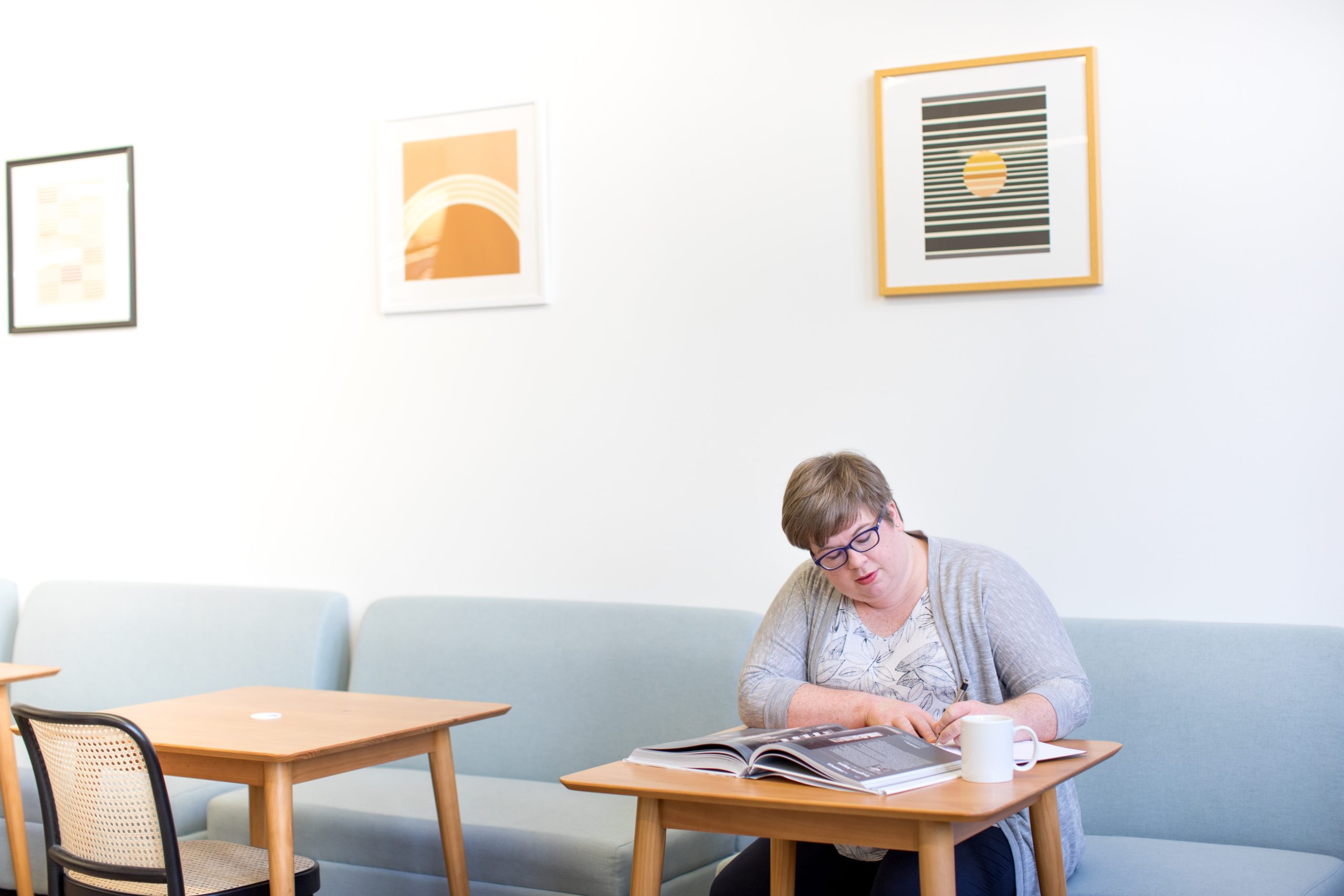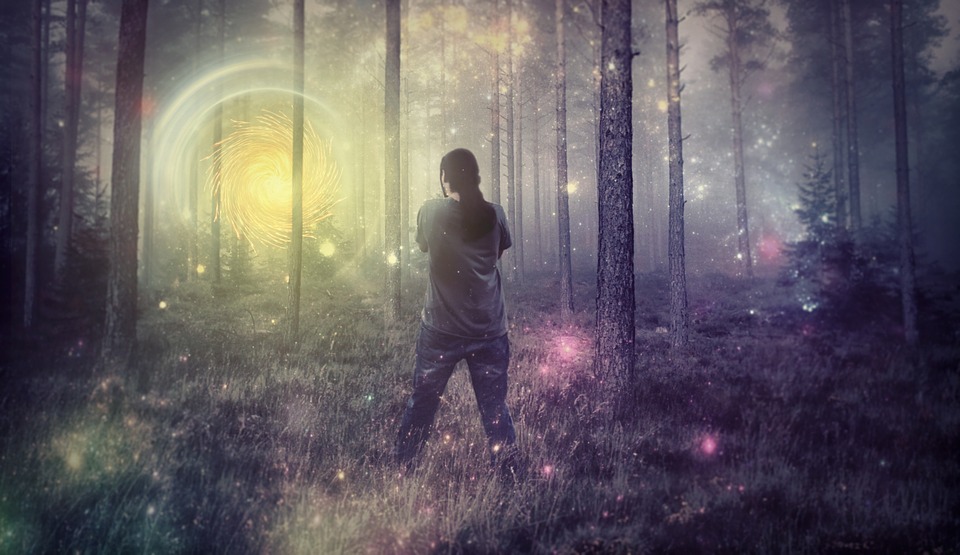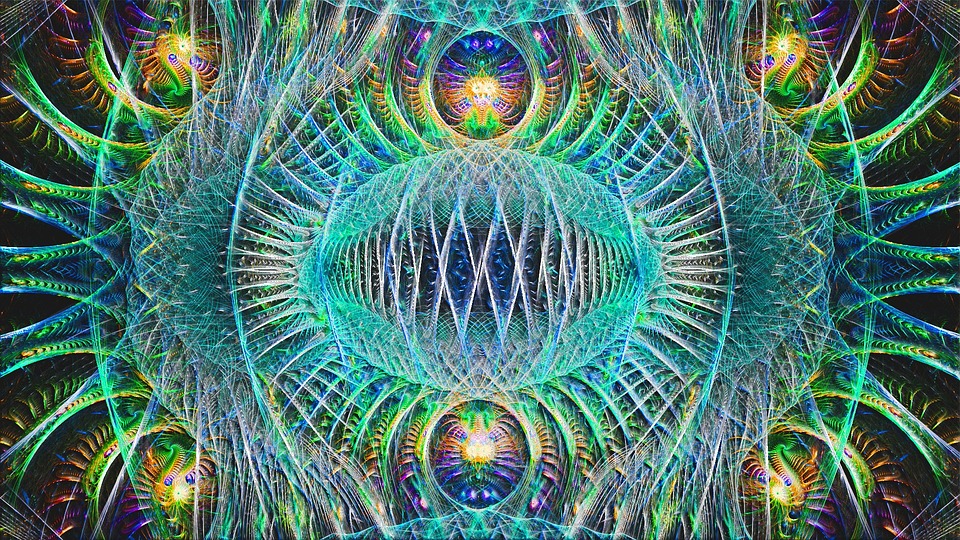‘To study the abnormal is the best way of understanding the normal’ . William James
Dr. Pim van Lommel, a renowned cardiologist, is the first medical practitioner to have undertaken a full, systematic study of near-death experiences (NDEs). As a cardiologist, he was struck by the number of his patients who claimed to have near-death experiences as a result of their heart attacks. As a scientist, this was difficult for him to accept: Wouldn’t it be scientifically irresponsible of him to ignore the evidence of these stories? Faced with this dilemma, van Lommel decided to design a research study to investigate the phenomenon under the controlled environment of a cluster of hospitals with a medically trained staff. For more than twenty years van Lommel systematically studied such near-death experiences in a wide variety of hospital patients who survived a cardiac arrest. In 2001, he and his fellow researchers published his study on near-death experiences in the renowned medical journal The Lancet. The article caused an international sensation as it was the first scientifically rigorous study of this phenomenon.
Van Lommel writes that according to our current medical concepts it’s not possible to experience consciousness during a cardiac arrest, when circulation and breathing have ceased. But during the period of unconsciousness due to a life-threatening crisis like cardiac arrest patients may report the paradoxical occurrence of enhanced consciousness experienced in a dimension without our conventional concept of time and space, with cognitive functions, with emotions, with self-identity, with memories from early childhood and sometimes with (extra-sensory) perception out and above their lifeless body. In four prospective studies with a total of 562 survivors of cardiac arrest between 11% and 18% of the patients reported a near-death experience, and in these studies it could not be shown that physiological, psychological, pharmacological or demographic factors could explain the cause and content of these experiences.
Since the publication of these prospective studies on NDE in survivors of cardiac arrest, with strikingly similar results and conclusions, the phenomenon of the NDE can no longer be scientifically ignored. It is an authentic experience which cannot be simply reduced to imagination, fear of death, hallucination, psychosis, the use of drugs, or oxygen deficiency, and people appear to be permanently changed by an NDE during a cardiac arrest of only some minutes duration. According to these studies, the current materialistic view of the relationship between the brain and consciousness held by most physicians, philosophers and psychologists is too restricted for a proper understanding of this phenomenon. There are good reasons to assume that our consciousness does not always coincide with the functioning of our brain: enhanced consciousness can sometimes be experienced separate from the body. Van Lommel has come to the inevitable conclusion that most likely the brain must have a facilitating and not a producing function to experience consciousness. By making a scientific case for consciousness as a nonlocal and thus ubiquitous phenomenon he questions a purely materialist paradigm in science.
Near-death experience
Some people who have survived a life-threatening crisis report an extraordinary consciousness experience. A near-death experience (NDE) can be defined as the reported memory of a range of impressions during a special state of consciousness, including a number of special elements such as pleasant feelings, seeing a tunnel, a light or deceased relatives, or experiencing a life review, or an out-of-body experience with perception of one’s own cardiopulmonary resuscitation (CPR).
Many circumstances are described during which related special and enhanced states of consciousness are reported, Such states include cardiac arrest (clinical death), shock after loss of blood, coma due to traumatic brain injury or intra-cerebral haemorrhage, near-drowning (mostly children) or asphyxia, but also in serious diseases not immediately life-threatening, during isolation, depression or meditation, or without any obvious reason. So an NDE can be experienced in a range of circumstances from severe injury of the brain as in cardiac arrest to continuum when the brain seems to function normally. What distinguishes a NDE is that it is a transforming experience causing enhanced intuitive sensibility, profound changes in attitude to life, and the loss of fear of death.
An experience
This is the story of a woman who experienced a near-death experience during delivery.
“Suddenly I realise I am looking down on a woman who is lying on a bed with her legs in supports. I see the nurses and doctors panicking, I see a lot of blood on the bed and on the floor, I see large hands pressing down hard on the woman’s belly, and then I see the woman giving birth. The child is immediately taken to another room. I know our daughter is dead. The nurses look dejected. Everybody is waiting. My head is knocked back hard when the pillow is pulled away. Once again, I witness a great commotion. Swift as an arrow I fly through a dark tunnel. I am engulfed by an overwhelming feeling of peace and bliss. I hear wonderful music. I see beautiful colours and gorgeous flowers in all sorts of colours in a large meadow. At the far end is a beautiful, clear, warm light. This is where I must go. I see a figure in a light garment. This figure is waiting for me and extends her hand. I feel that I am warmly and lovingly expected. We proceed hand in hand to the beautiful and warm light. Then she lets go of my hand and turns around. I feel that I am pulled back. I notice a nurse slapping me hard on my cheeks and calling me”.
“Once returned from that beautiful world, that beautiful experience, my reception here in this world was cold, frosty and above all loveless. The nurse I tried to share my beautiful experience with dismissed it by saying I would soon receive some more medication so I could sleep soundly and then it would be all over. All over? I did not want that at all. On the contrary, I did not want it to be over. I wanted to go back. The gynaecologist told me I was still young, I could have plenty more children and I should just move on and focus on the future. I stopped telling my story. Just to find words for my experience was difficult enough, how could words express what I had experienced? But what else could I do? Where could I take my story? What was the matter with me? Had I gone mad?”
“During that time I lived like an automaton. Although I looked after my husband and our first daughter, and walked the dog, my mind was elsewhere. My mind was with my experience. How could I reconnect with it? Where could I hear such beautiful music, see such a beautiful colors, find such gorgeous flowers, see such a beautiful light, experience so much unconditional love? And, was I mad for thinking these things? What was the matter with me? And I kept silent. I spent years dedicated to a silent search. When, eventually, I found a book in the library with a report of an NDE, I could hardly imagine that I had had such an experience. Surely it’s impossible? Even I had stopped believing myself. Only very, very gradually did I come to have the courage and the strength to believe myself, to trust my experience, so I could start accepting and integrating it in my life. It was not easy. I was finding it more and more difficult to accept the opinions of others, of colleagues. My inner conflict intensified, I felt at odds with what my feelings told me and with what I knew. Everything became increasingly difficult”.
“Only many years later I realize I am not mad but that my NDE has changed me. This is why my fear of death has completely disappeared. This is a marked difference compared to the years prior to my NDE, years in which I wrestled with death and with the fear of death. This is why I struggle with the concept of time. Nowadays I always lose track of time, whereas before I lived by the clock. This is why material things are not important to me. This is why the only thing that matters to me is unconditional love. And this is what I had and continue to have with my husband. And yet I recently read in a study that unconditional love is impossible between human beings. And they refuse to believe me! This is why I sometimes feel like an outsider. This is why I am always, especially during holidays, on the lookout for landscapes, for colors and flowers which I have seen but cannot find again. This is why I have a problem with quarrelling – I want to go back to those peaceful surroundings. I am also incapable of picking a row myself.”
“Having made the journey to my inner self to reach the point where I am now, I am glad I had my NDE. I accept it as a beautiful experience, which calms me, which allows me to be myself, with my experience. Life is good now, with my experience. By integrating my NDE this world has become a better place. Only since I started accepting and integrating my NDE have I come to take some pleasure in life again.”




